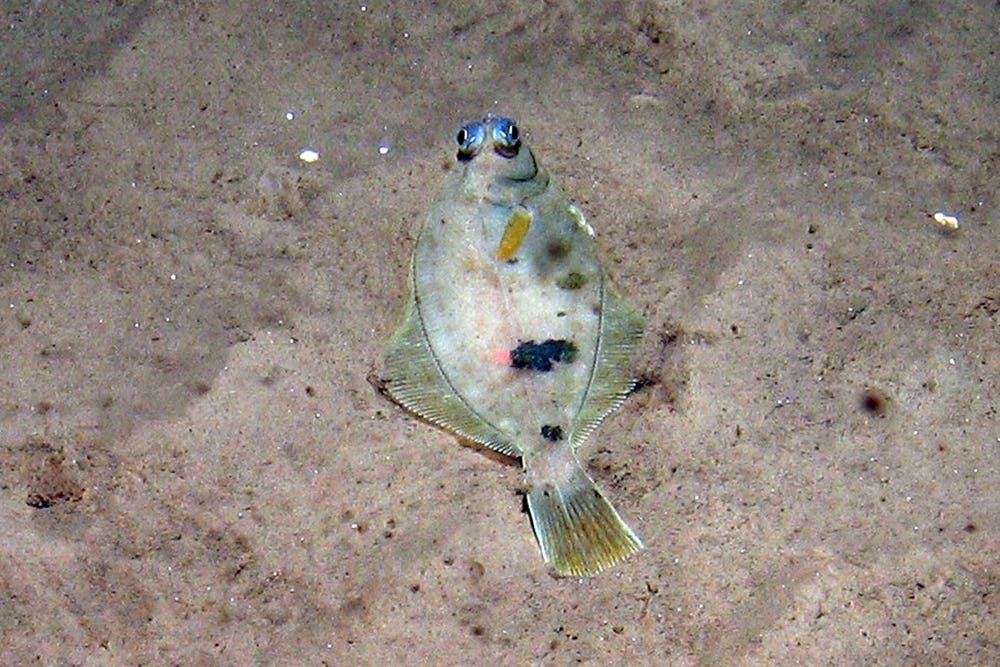Huge reduction in damaging fishing in Dogger Bank following ban
Rules stopping fishing with bottom-towed gear came into force in June.

Your support helps us to tell the story
From reproductive rights to climate change to Big Tech, The Independent is on the ground when the story is developing. Whether it's investigating the financials of Elon Musk's pro-Trump PAC or producing our latest documentary, 'The A Word', which shines a light on the American women fighting for reproductive rights, we know how important it is to parse out the facts from the messaging.
At such a critical moment in US history, we need reporters on the ground. Your donation allows us to keep sending journalists to speak to both sides of the story.
The Independent is trusted by Americans across the entire political spectrum. And unlike many other quality news outlets, we choose not to lock Americans out of our reporting and analysis with paywalls. We believe quality journalism should be available to everyone, paid for by those who can afford it.
Your support makes all the difference.Damaging trawling of the seabed in a marine protected area dropped 98% after a ban came into force – showing the effectiveness of such moves, campaigners said.
The number of hours of bottom-towed fishing in Dogger Bank in the North Sea plummeted after a byelaw to halt it was implemented in June following a campaign by green groups to get the area properly protected.
Dogger Bank, a shallow sandbank in the North Sea which is home to species such as sand eels that are food for puffins and porpoises, is a marine protected area (MPA) designated to protect its sensitive seabed habitat.
But, until the ban, fishing with bottom-towed gear that drags over the sensitive seabed could still take place there – prompting Greenpeace to take matters into its own hands by dropping boulders into the sea as a barrier to fishing.
And other groups launched a legal campaign against the Government for breaking habitat protection laws by allowing bottom trawling at more than 60 protected offshore sites.
Now, analysis by the Marine Conservation Society shows that the amount of hours of bottom-towed fishing between June and October dropped from an average of 623 hours in 2015-2019 to just 13 hours in 2022, following the ban brought in by the Government.
The 98% decline in seabed fishing shows how effective proper protections can be, the charity said.
Jean-Luc Solandt, principal MPA specialist at the Marine Conservation Society, said: “The huge reduction in seabed fishing we’ve identified shows how effective governments can be in protecting our ocean.
“This needs to be replicated across all offshore MPAs to help recover fish stocks, provide sanctuary for marine life, and protect sensitive habitats from destruction.
“Our ocean has an incredible ability to recover when it’s given a chance. The Government must meet its target to fully protect all English offshore MPAs before 2024.
“The sooner this happens, the sooner our seas can restore themselves.”
Dogger Bank is one of four areas of English seas protected from the damaging form of fishing under the byelaws.